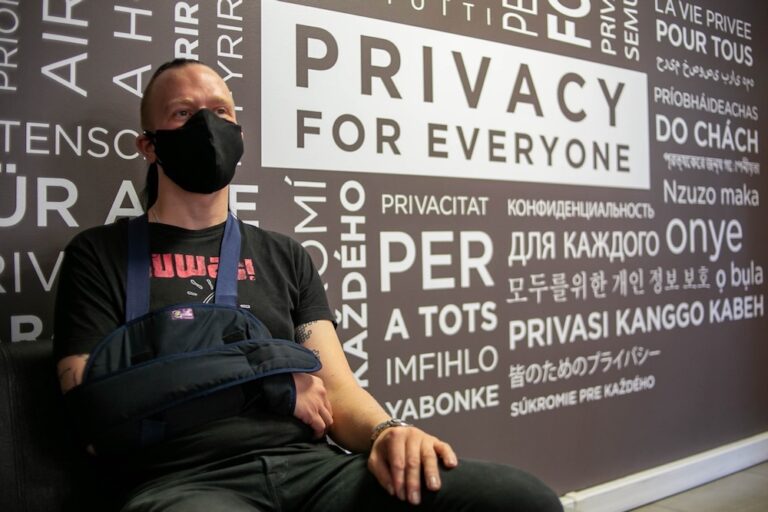(RSF/IFEX) – Reporters Without Borders welcomes President Alfredo Palacio’s decision, announced on 29 December 2005, to veto an amendment of the criminal code that was passed by Congress on 30 November, as one of its articles, which caused a great deal of controversy, would have exposed journalists to the possibility of long prison sentences. Ecuadorean […]
(RSF/IFEX) – Reporters Without Borders welcomes President Alfredo Palacio’s decision, announced on 29 December 2005, to veto an amendment of the criminal code that was passed by Congress on 30 November, as one of its articles, which caused a great deal of controversy, would have exposed journalists to the possibility of long prison sentences.
Ecuadorean media and journalists’ organisations also hailed the veto of the bill, under which journalists could have been jailed for broadcasting or publishing a telephone conversation without express permission from the participants. However, the parliamentarian who proposed the amendment continued to insist that it would not have violated press freedom and was only intended to penalise phone tapping.
The presidential veto delays the bill for a year. The final decision as to its adoption will be taken by the parliament that results from the legislative elections scheduled for October 2006.


